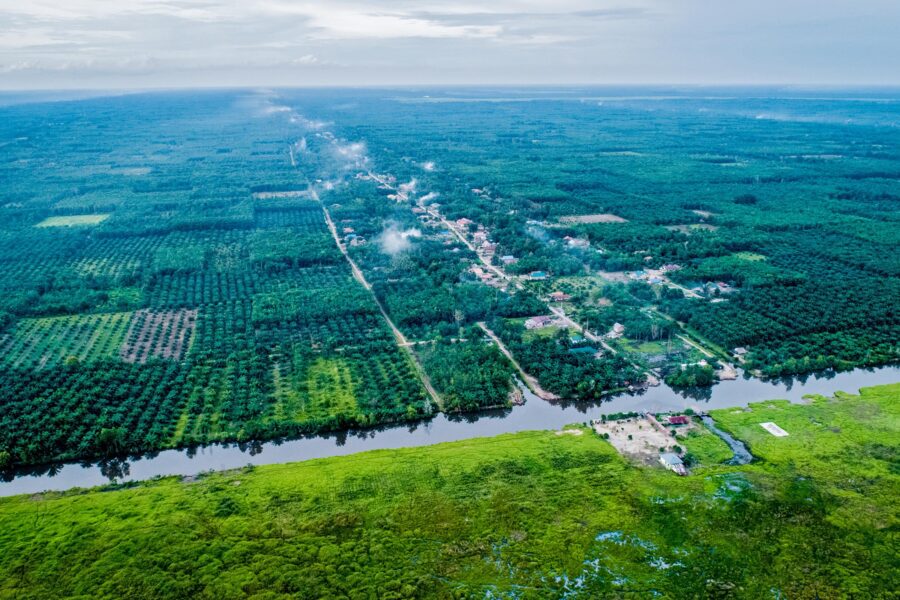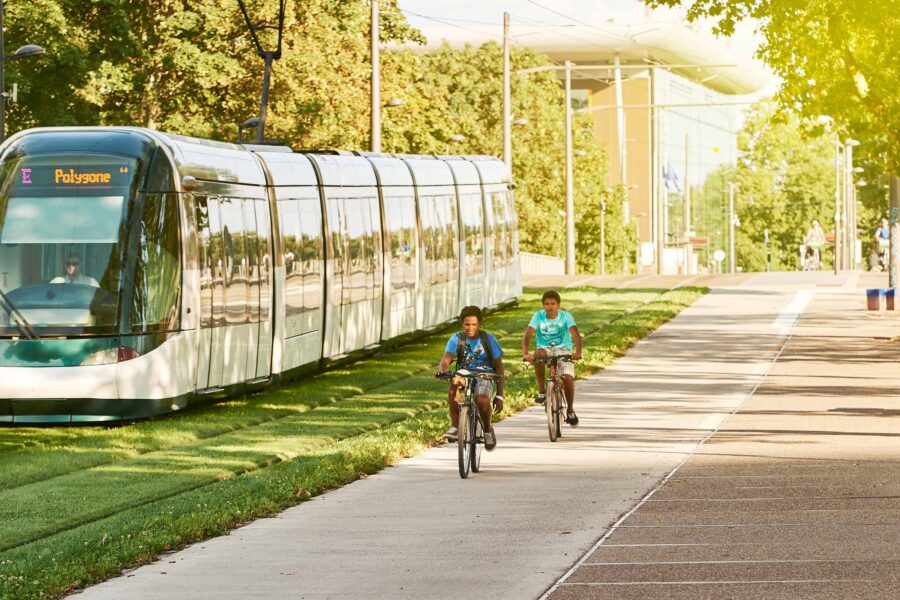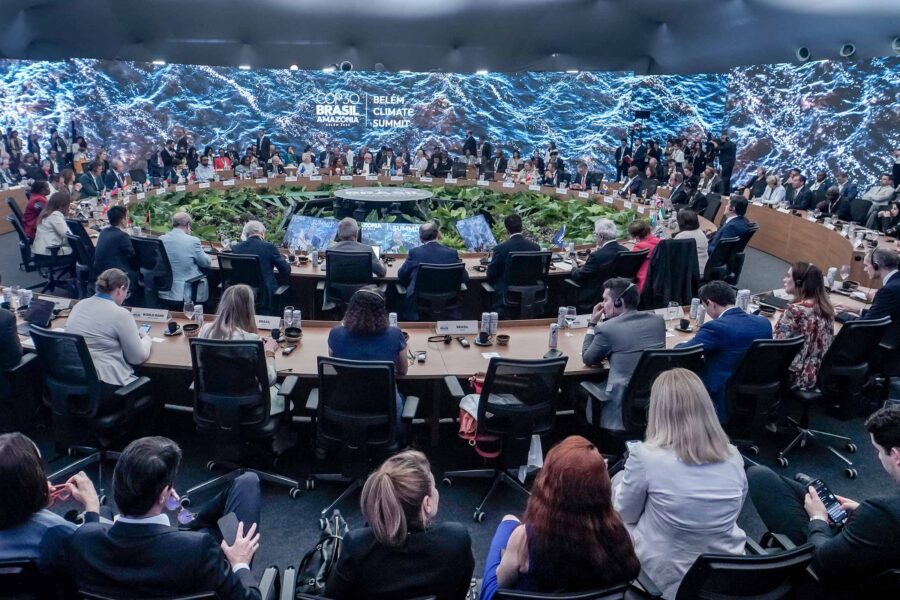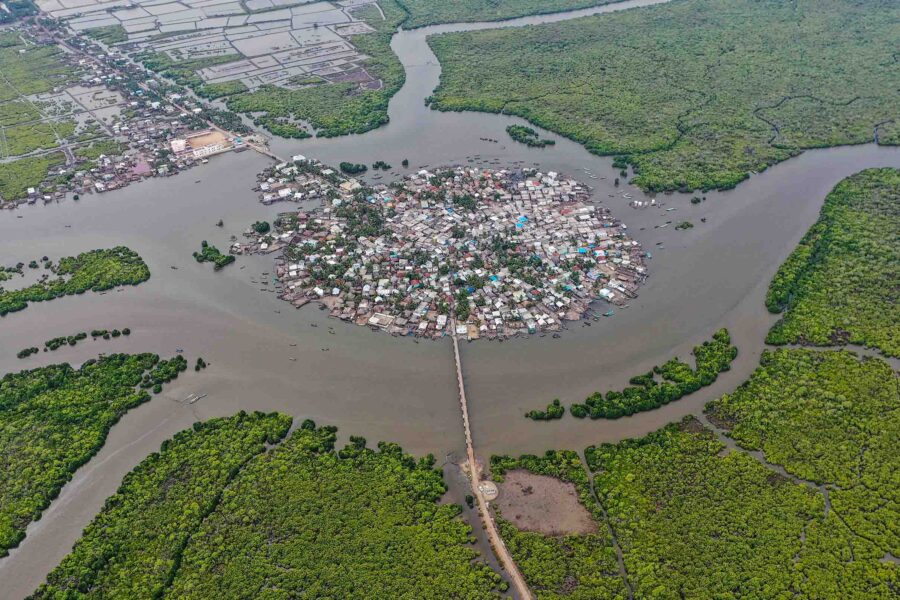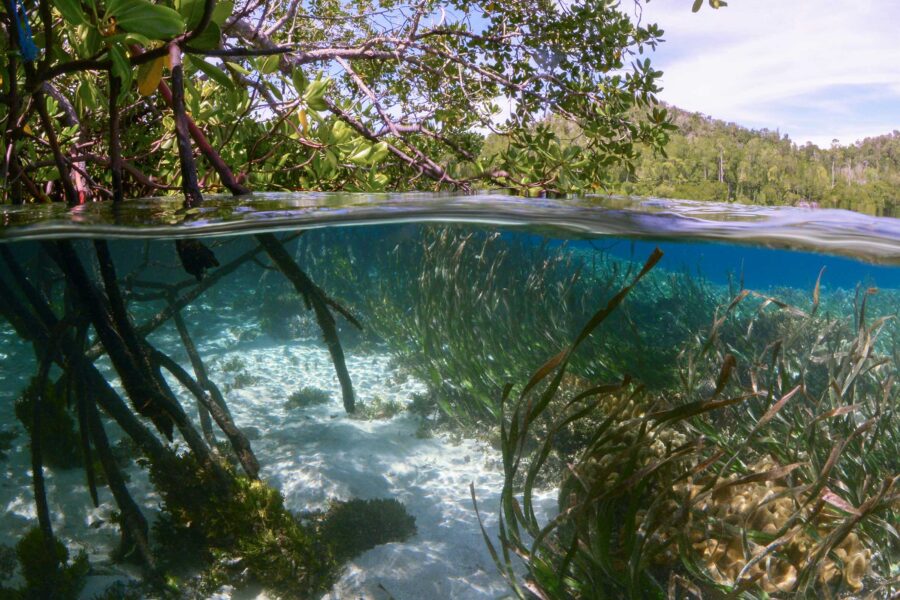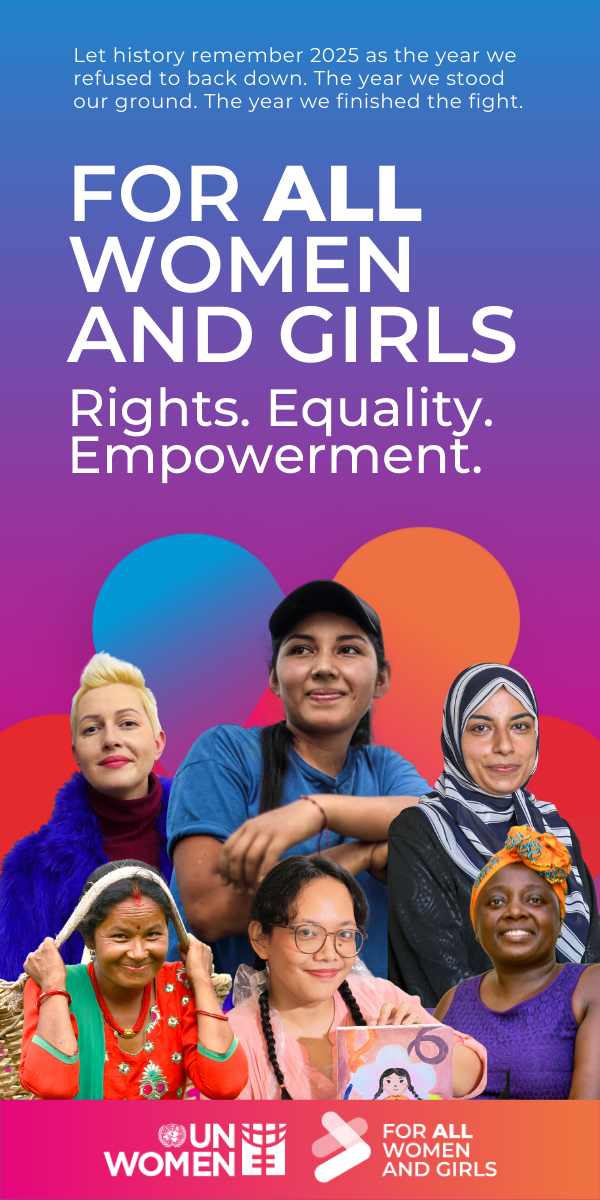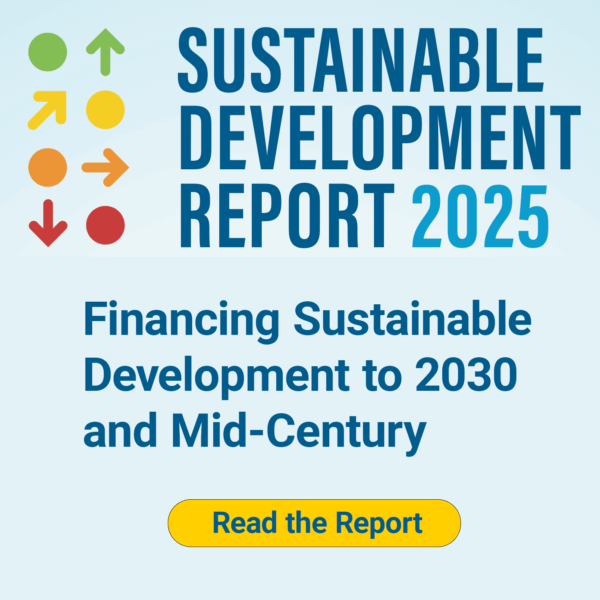Closing the loop on waste
Global
Transitioning from linear to circular models of production and consumption remains a significant challenge. How can we transform deeply ingrained practices, attitudes, and incentives across both supply and demand chains to facilitate this shift?






